Police, Crime, Sentencing and Courts Bill
- a Neurodivergent Labour Briefing by Andy Forse, ND Labour Campaigns Officer
Neurodivergent Labour exists to fight for the rights of all neurodivergent people to better lives and better treatment in society. Although the Police, Crime, Sentencing and Courts (PCSC) Bill is not legislation that explicitly attacks neurodivergent people, we believe that the legislation, if implemented, will have serious implications for our rights to live freely and express ourselves politically. This briefing is intended to inform and educate the neurodivergent community, and we call for the full mobilisation of the neurodiversity movement, the Labour Party and trade unions in the opposition to the Bill.
We do not consider this a complete critique of the Bill, and advise those interested to refer to the further reading at the bottom of the article.
Although some of the highly repressive elements of the bill were stripped away in the Lords in January, the Bill still substantially represents a determined attack on civil rights and the right to organise.
New Serious Violence duties
Part 2 c. 1 of the PCSC Bill imposes a new statutory duty upon specified services (education providers, youth services, healthcare providers) to collaborate with each other in order to prevent serious violence. Furthermore, this part of the Bill places a new legal duty upon such services which obliges them to disclose information – potentially service user information – to the police under the guise of ‘preventing serious violence’.
These aspects of the Bill provide the police with an unprecedented new role in monitoring public services’ compliance with their duties. Furthermore, the new obligation upon services to provide information to the police overrides any existing legal duties that services themselves may have around safeguarding, data protection, and confidentiality. Police will essentially be able to demand data and information on particular individuals, and services which hold it must comply. Any information that the police request must be disclosed – no matter its nature or sensitivity.
Liberty highlights that these invasive measures indicate a shift from a public health, service-led prevention approach to dealing with violence to a “police-led approach” which centers “surveillance, enforcement and punishment”.
Liberty’s briefing argues that the powers created under this section of the Bill will lead to individual profiling, labelling and stigmatisation, and will exacerbate racial disproportionality in policing.
Neurodivergent Labour raises these key concerns over this aspect of the Bill in relation to neurodivergent individuals: interactions with agencies; the profiling of ND people’s behaviour; and the likely extension of police powers.
- Interactions with agencies
A significant portion of the neurodivergent community from a young age come into contact with an array of services which support them and their families, and intensive interventions are carried out to support them, possibly at a higher rate than the general neurotypical population. This includes specialist support in education, mental health interventions, social services, youth services, behavioural intervention, housing support, foster caring and so on.
Neurodivergent populations have cause for particular concern that as a significantly supported segment of the population, they are now vulnerable to becoming an increasingly surveilled part of the population under the powers of this Bill if it passes. After over a decade of services being slashed, the last thing neurodivergent people need is the encroachment of the police state into their digital and physical lives as the services they depend on slowly erode.
We also underline Liberty’s point that the potential extension of the state into service user’s data profoundly erodes trust and confidence in the services that (neurodivergent) people use.
- Risk of police profiling
Liberty’s report rightly highlights the concerning history around the racial disproportionality of policing and criminal profiling. We endorse and amplify those concerns.
While the discrimination neurodivergent peope face is distinct in its character, this aspect of the Bill and the police powers over personal data does create possibilities for the increased profiling of sections of the population seen as liable to criminality. Neurodivergent people are demonstrated to be vastly overrepresented in prison populations and the criminal justice system, and the reasons for this are complex and well studied. We argue that this disproportionality is a consequence of a failure to support ND people, and the already existing over-criminalisation of this community (see www.autisminjustice.org).
We reject the efficacy of a ‘law and order’ approach to reducing violence, and we advocate for a compassionate, rehabilitative, early intervention, health based approach. We also observe the overwhelming evidence that more equal societies produce less crime.
Restriction of protest rights
Neurodivergent Labour considers itself part of, and inherits its political tradition at least in part from, the disability rights movement.
Disabled people have been organising for their rights for over a century.* In the early 1920s, The National League for the Blind marched from across the UK to London demanding better working conditions for disabled workers. In the 1960s the Disablement Income Group took to the streets to protest for liveable benefits income. By the 70s and 80s the movement was becoming more embedded, and various groups raised their banners in street protest for accessibility and inclusion, as well as against the treatment of disabled people in institutions and asylums.
The 1980s saw the disabied people’s movement begin to demand specific legislation to outlaw discrimination against disabled people. This was a long-fought battle which began on the streets and in communities, and ended in Parliament in 1995 with the passing of the Disability Discrimination Act. Since then, impressive mobilisations by organisations such as Disabled People Against the Cuts against the impact of austerity on disabled people have taken place, and Neurodivergent Labour has recently played its own role, rallying demonstrations against the deportation of Osime Brown.
The provisions in Part 3 of the PCSC Bill contain what Liberty call “a concerted attack on the right to protest”. The new proposed restrictions include:
- Police power to impose conditions on demonstrations that “may result in serious disruption”… to “organisations in the vicinity” with the definition of “serious disruption” being provided by the home secretary;
- Expansive police powers to arrest anyone in breach of said conditions – even if they were not aware of them, or did not have access to them – with an additional proposal to increase prison sentences to up to a year for those in breach;
- The creation of a series of new offences such as “intentionally or recklessly causing harm” which is interpreted as causing “serious distress, serious annoyance, serious inconvenience, or serious loss of amenity”. As well as “intentionally or recklessly causing a public nuisance”, and these new offences are potentially punished by up to 10 years in prison.
It should be noted that while a number of draconian measures were voted down in the Lords on the 17 January, the Bill still contains these extremely restrictive provisions.
As a marginalised community embedded amongst the wider population, disabled and neurodivergent people have found it necessary to utilise the organs of popular democracy in order to shift public consciousness to effect social change. Demonstrations are a critical and unavoidable tactic in this process, as they bring into the public realm the concerns of our communities. Public demonstration also for our communities has played a significant role in increasing their visibility as they empower themselves through their refusal to accept the marginal role that society has allocated them.
Moreover, the disproportionate number of neurodivergent and other disabled people who are not in employment do not have the option of withdrawing their labour through industrial action; protest is the main power that they have.
While these areas of the Bill seek to limit the right to protest for all, ND Labour emphasises that the consequences for disabled and neurodivergent communities – who often sit under the weight of social isolation and invisibility – are especially concerning. We believe that these restrictions on the right to organise and engage in the political process through demonstrations mean a significant attack upon the agency of disabled and neurodivergent individuals.
Oppression of Gypsy, Roma, Traveller communities.
Part 4 of the Bill amounts to a straightforwardly racist state attack on the Gypsy, Roma, and Traveller communities. The Bill introduces new laws which criminalise trespass (traditionally a civil matter), and which hand the police new powers to seize vehicles and disperse roadside encampments.
This legislation amounts to an ethnically nomadic community being criminalised for existing. At best it is a policy of forced assimilation, at worst it could be described as ethnic cleansing.
ND Labour unequivocally stands in solidarity with the Gypsy, Roma and Traveller communities against this attack on their already marginalised existence, and we call for meaningful solidarity with GRT communities who come under attack from the police.
- * A Brief History Of Disabled People’s Self-Organisation
Further reading
Joint briefing on the PCSC bill:
End Violence Against Women and Girls; Latin American Women’s Rights Service; Rights of Women; Southall Black Sisters
Disability rights UK
https://www.disabilityrightsuk.org/news/2021/march/fears-over-right-protest-under-pcsc-bill
Liberty briefing on the PCSC bill
Share this content:
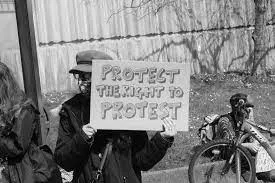
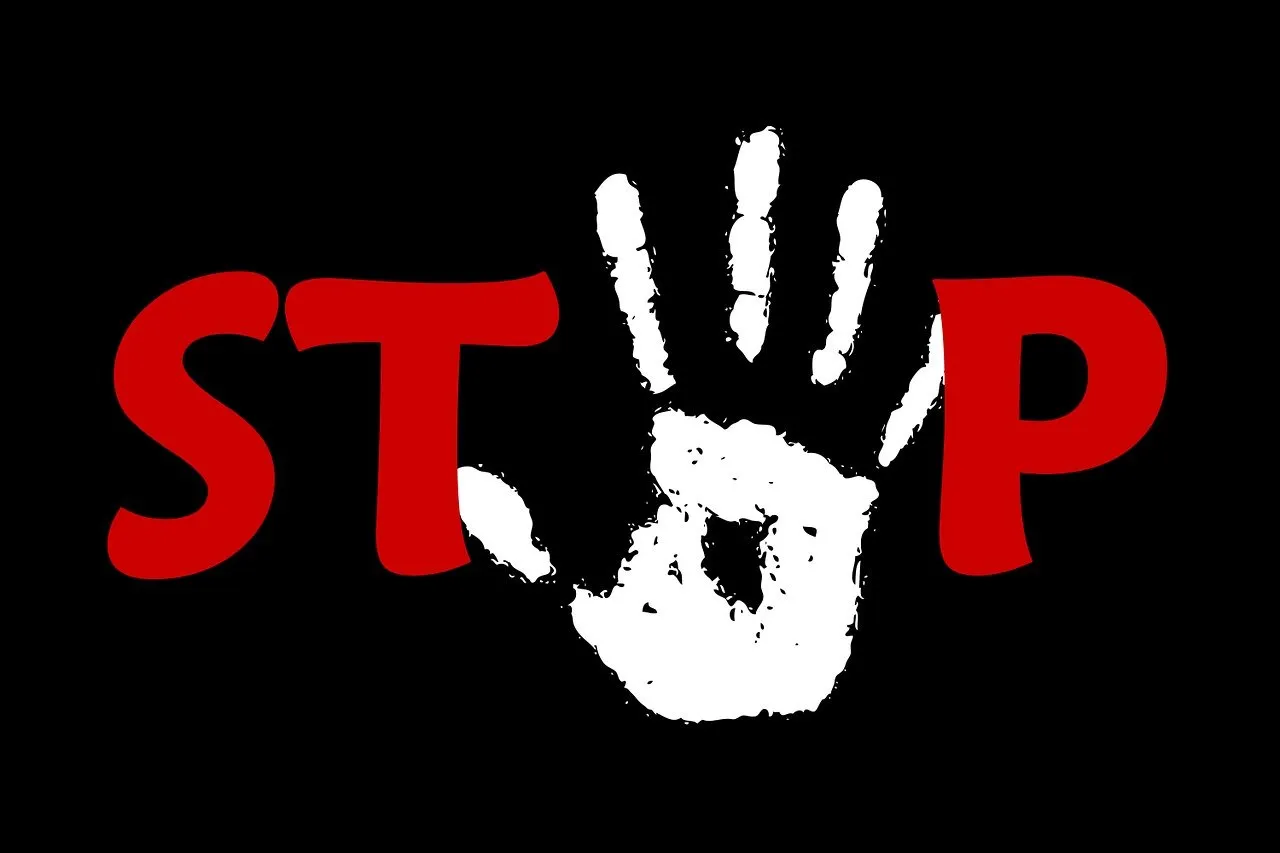

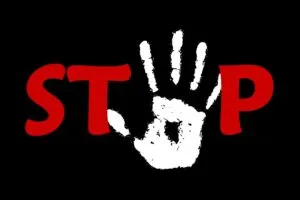
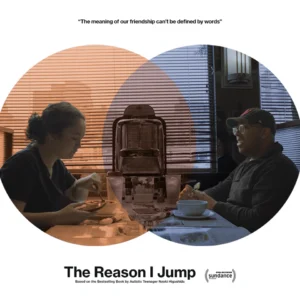

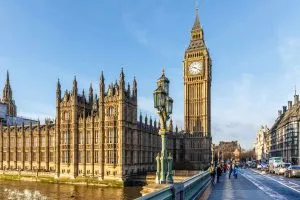


2 comments